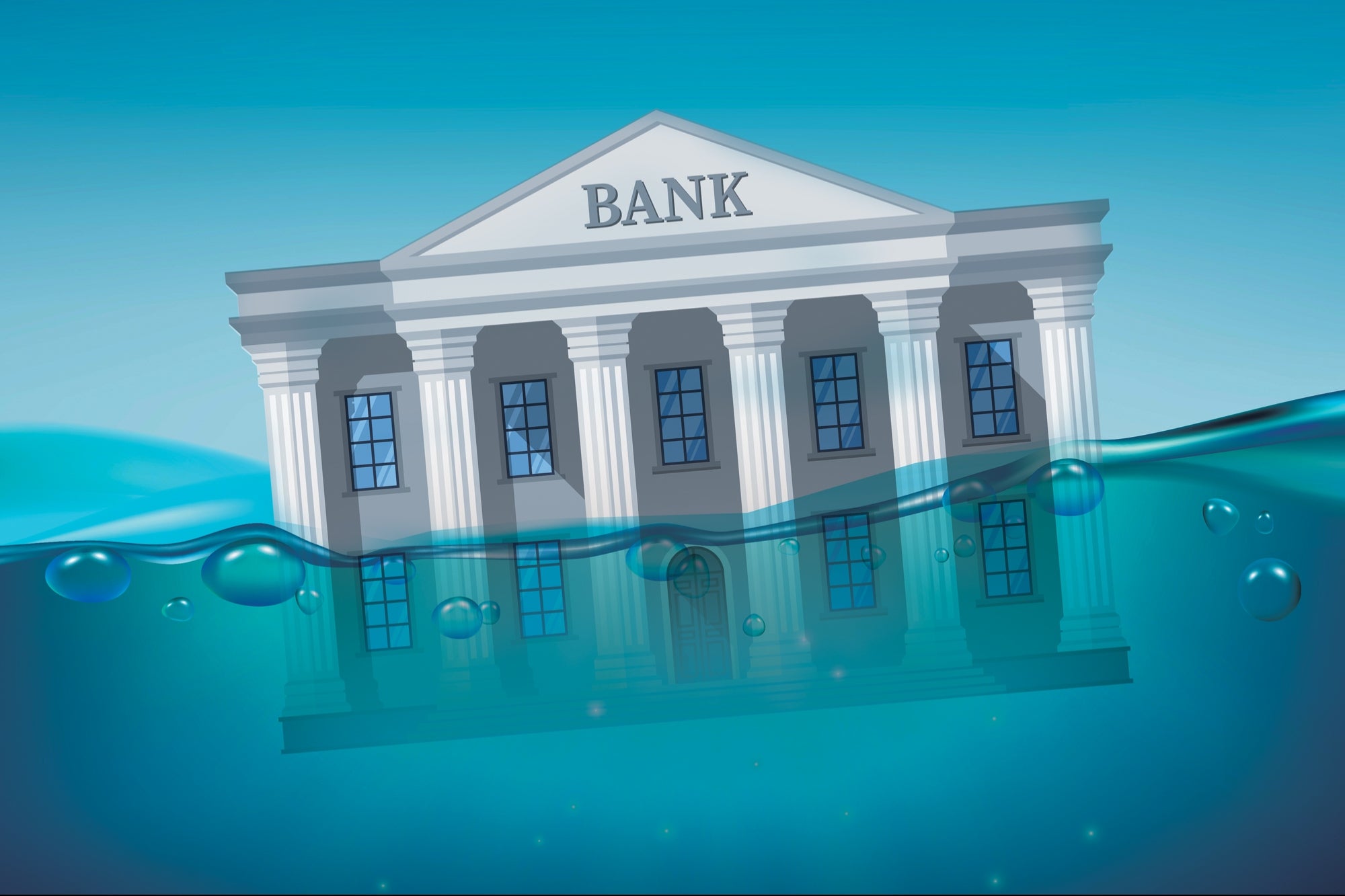- Introduction
As the advancement in digital banking today and online transactions has led to more fraudulent cases than before, securing your bank account from cyber crime has become the essential thing to do in this case. The cybercriminal’s inventions represent endless progress in innovation techniques that target exposed holes and can steal private or financial records. In the field of banking, where online banking has become popular in all places, the chances of cyber fraud have increased a lot.
Cybercriminals constellate untracing new ways to explore loopholes bank builds and hunt innocent users. Securing your bank account from cyber fraud should be a key priority in order to protect both your financial assets and sensitive identity information. In this complete guide, we will overview the various strategies and best practices required to secure your bank account from such means of cyber security.
- Understanding Cyber Fraud
Cyber face illusion can be done in manifold criminal ways such as money laundering and identity theft that are being conducted on the net for getting financial profit. The cyberspace fraud that crooks wield as current arsenals is composed of phishing, identity theft, malware attacks, and social engineering scams. This is where you discover the threats before you can drive effectively against the security of your assets.
- Bank Account Security
One of the simplest and most effective methods to develop a system of security for our bank account is by coming up with strong, unique passwords. Do not use guessable information, such as birth dates or common words. Alternatively, use a complex and unpredictable combination of letters, numbers, and symbols instead of an easy-to-guess password. Also, ask the users to apply MFA whenever it is safe to use it, as it provides an extra layer of security for the data.
- Strengthen Passwords and Authentication
Generate strong and unique passwords for your online banking with a mix of letters, numbers, and special characters.
Use MFA (Multi-Factor authentication) wherever possible because that will add an extra pin to the security. A factor-based authentication, as such, empowers the utilisation of a pair of something you know (password), something you have (e.g., a mobile device), or something you are (biometric data).
- Keep Software Updated
Following the hardware and software technology updates to repair the known security problems is very important. Software updates frequently incorporate security updates that mainly strengthen computer code elements, which hackers could exploit. Let your devices and applications update automatically to be sure that you are running the latest and most secure versions.
- Beware of Phishing Attempts
At the same time, “phishing” is the most circulated way of cheating out people’s sensitive information. Watch out for fake emails, text messages, or phone calls claiming to be from your bank or an institution requesting your private or financial information. Authenticate any message purportedly from your bank by making direct contact through the usual channels.
Identity Theft:- Thieves may use your data to open fictitious accounts to purchase products or make unauthorised transfers in your name.
Account Takeover Fraud:– Cybercriminals take control of bank accounts by getting the login information they have acquired through many ways, consequently emptying the bank, which allows them to make unauthorised transactions.
Monitor Account Activity:- Being able to check your bank balance frequently enables you to notice changes that you have not authorised immediately. Set up account alerts for notifying withdrawals that are greater than the average, unusual purchases, or attempts at login from unfamiliar devices. Swiftly provide your bank with the details of any suspicious activity and change your account login credentials as soon as possible.
- Secure Wi-Fi Networks
Please do not engage in online banking on public Wi-Fi networks as they are often not secure and hackers’ favourite choice of eavesdropping. In contrast, log in to your bank account with a secure connection that is reliable and private, preferably your home WIFI or a VPN, when connecting through the internet.
Exercise Caution with Links and Downloads:– Do not click on unprompted hyperlinks in your emails or download attachments from unfamiliar websites. Cyber hackers frequently make use of links and attachments that plant malicious software to your device by which these criminals are able to pick up confidential data such as user names and passwords or banking details. Make sure to check out whether you have engaged with a trustworthy source before with any containers
- Educate Yourself and Others
Try to obtain the pertinent security information on recent cyber threats and attacks aimed at your bank accounts. Seek to build and maintain yourself and your family members, as well as knowledge on how to navigate safely in online banking, starting from using strong passwords and openness to phishing attacks to even staying clear of suspicious websites. Observation of the cyber fraud trend is key to eliminating cyber fraud.
- Additional Precautionary Measures
Freeze Your Credit:- Remediate this issue by being proactive and signing up for a credit freeze so no one can access your credit information without your authorisation, and reduce the risk of identity theft.
Regularly Monitor Your Credit Report:- Prepare your credit report at the rate of the major credit bureaus at least once a year in order to identify any damaging activity and discrepancies.
Set Account Alerts:– Make good use of opt-in alerts from your bank account to get informed of any account activity, such as huge transactions or attempted alien devices.
Secure Your Devices:- Insist that you operate creditable antivirus software and firewall protection on all devices that you use in order to protect yourself from other cyber threats and malware.
Limit Information Sharing:- Take care that you are not disclosing any personal info or any private financial data via the web, particularly social media sites, as criminals can retrieve it easily from there.
- Conclusion
Compromising your bank account from cyber fraud needs effective protection, which is a continuous and active effort. Through the application of these tactics proposed, you may prevent cybercriminals from succeeding and defend your assets from financial loss. Keeping your awareness high, maintaining a reserved mindset, and putting security at the forefront of every online banking operation are great recommendations for you. We, as a group, are able to generate a sufficient degree of security and confidence in this regard and across the platform.


















